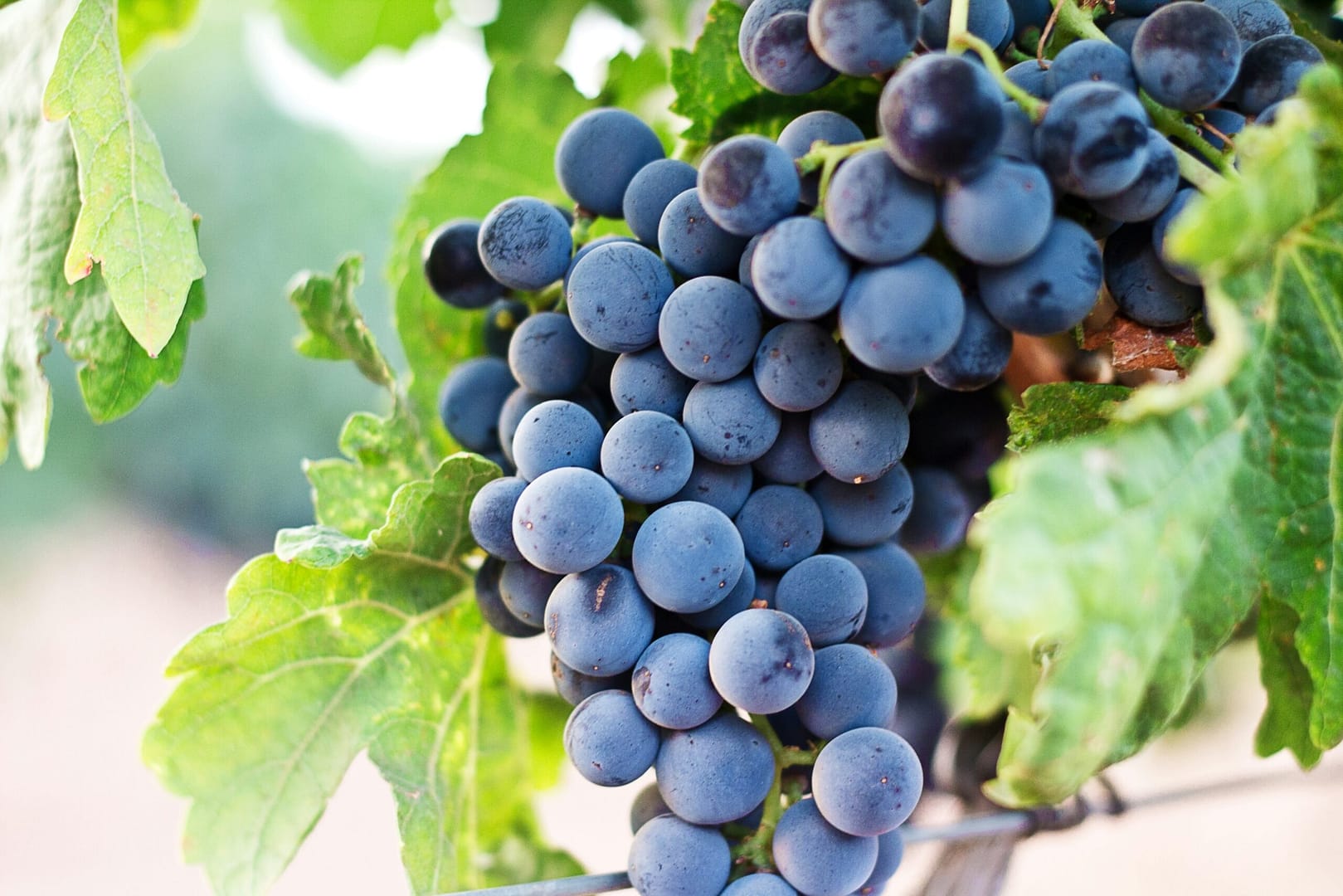Explore the rich history and legal battles of balsamic vinegar, from its Italian roots to global adaptations, preserving tradition amidst modern challenges.
The Legacy and Legalities of Balsamic Vinegar: An In-Depth Exploration
The Birth of Balsamic Vinegar: A Historical Perspective
Balsamic vinegar, an emblem of Italian culinary heritage, traces its origins to the Emilia-Romagna region. Its inception dates back centuries, but formal recognition began in 1965 with Italy’s first regulatory decree on “Aceto Balsamico di Modena.” This decree outlined a method that allowed for the blending of cooked grape must with vinegar, establishing a rudimentary definition of balsamic vinegar that would later be contested in European courts.
Historically, the production of balsamic vinegar was an unregulated art form practiced by local families. Traditionally crafted in small batches, the meticulous aging process involved transferring vinegar through a series of wooden barrels—each contributing unique flavor notes. As demand surged, so did the commercial production methods, leading to discrepancies between artisanal and mass-produced varieties.
Expert Insight: "The beauty of traditional balsamic lies not just in its flavor but in its story," says Maria Rossi, a sommelier based in Modena. "Each bottle represents years of craftsmanship and an intimate connection to our land."
The German Challenge: A Case Study
In December 2019, the European Court upheld a ruling regarding the “Aceto Balsamico di Modena IGP,” emphasizing that while this designation was protected, its individual components—namely “aceto” (vinegar) and “balsamico” (balsamic)—were not. This decision stemmed from a case involving Balema GmbH, a German producer who labeled their product as “Deutscher Balsamico traditionell.”

The controversy ignited debates over authenticity and regional specificity within the wine and condiment industries. Many Italian producers viewed this as an affront to their heritage; however, it underscored an important legal distinction: words like “aceto” and “balsamico” are not exclusive to Italian products.
Historical Context: The initial lack of stringent regulations around balsamic vinegar production allowed it to flourish globally. Countries like Germany took advantage of this ambiguity by crafting their own versions without adherence to traditional methods or geographical ties.
Navigating Regulations: The Path to Protection
Italy’s journey towards protecting its balsamic identity was fraught with challenges. In 2006, when seeking EU recognition for the IGP status of Aceto Balsamico di Modena, Italy faced opposition from Greece and Germany, which argued that terms like "balsamico" were too generic. France expressed concerns about consumer confusion stemming from similar-sounding products.
Despite these objections, Italy persisted in establishing robust standards for balsamic vinegar production. By 2009, EU Regulation 583 granted protection to the designation "Aceto Balsamico di Modena," clearly delineating acceptable practices and defining what constituted authentic balsamic vinegar.
Industry Anecdote: During this tumultuous time, renowned winemaker Giovanni Verdi remarked, "Our fight is not just about labels; it’s about preserving a cultural legacy that transcends borders."

The Globalization of Balsamic: Opportunities and Challenges
As globalization reshapes food production dynamics, various countries have embraced their interpretations of balsamic vinegar. Spain recognized it as a legal category in 2012; Greece followed suit in 2014. This evolution has sparked both excitement and concern among traditionalists who fear dilution of quality and authenticity.
While these international adaptations foster culinary innovation—introducing diverse flavors and techniques—they also highlight significant disparities in production standards. For example:
- Traditional Methodology: In Modena, producers adhere strictly to aging processes lasting over 12 years.
- Mass Production: Outside Italy, some producers employ shortcuts such as artificial coloring or blending inferior quality vinegars with additives.
Expert Commentary: "Globalization brings diversity; however, it also necessitates vigilance against commodification," warns sommelier Elena Moretti. "We must celebrate innovation while safeguarding our traditions."
Looking Forward: Embracing Tradition Amidst Change
The future of balsamic vinegar lies at a crossroads where tradition meets modernity. As international markets continue to expand opportunities for growth, it becomes imperative for producers—both established and emerging—to maintain high standards while respecting traditional methods.
Educational initiatives aimed at consumers can bridge gaps in understanding between artisanal products and mass-market offerings. By fostering appreciation for authentic balsamic vinegar’s intricate flavors and rich history, we can ensure its legacy endures.

Moreover, as new regions embrace their own forms of balsamics—often inspired by Italian techniques—the challenge will be balancing heritage with innovation without compromising quality or authenticity.
Final Thoughts: “It’s essential that we share our knowledge,” concludes master sommelier Luca Fontana. “Every bottle tells a story—a testament to our past—and it is our duty to honor that.”
In conclusion, as we navigate the complex landscape shaped by legal rulings and evolving consumer preferences, let us remain committed to celebrating the rich tapestry that is balsamic vinegar—a true reflection of culture through taste.
Photo by Dibakar Roy on Unsplash

